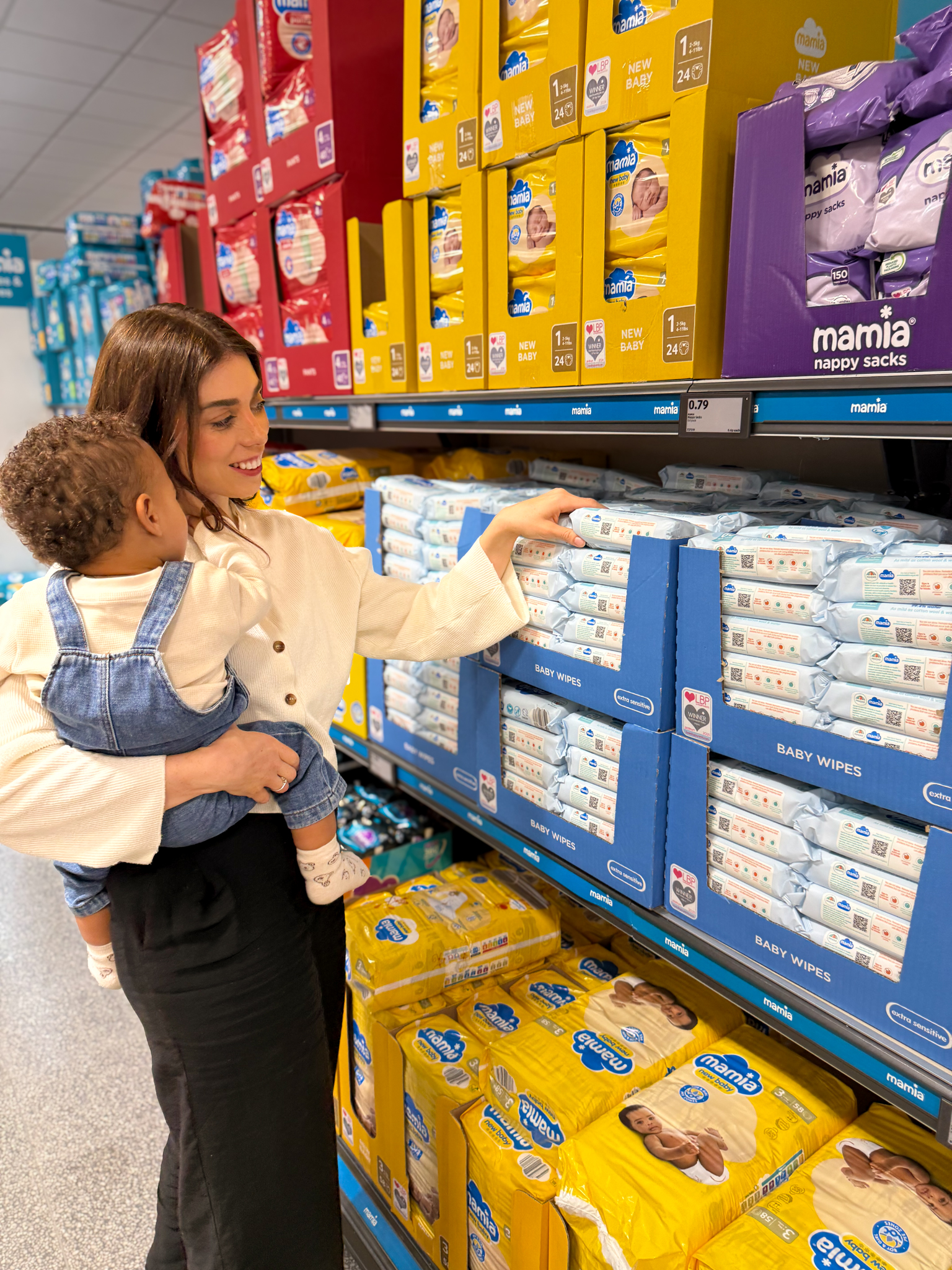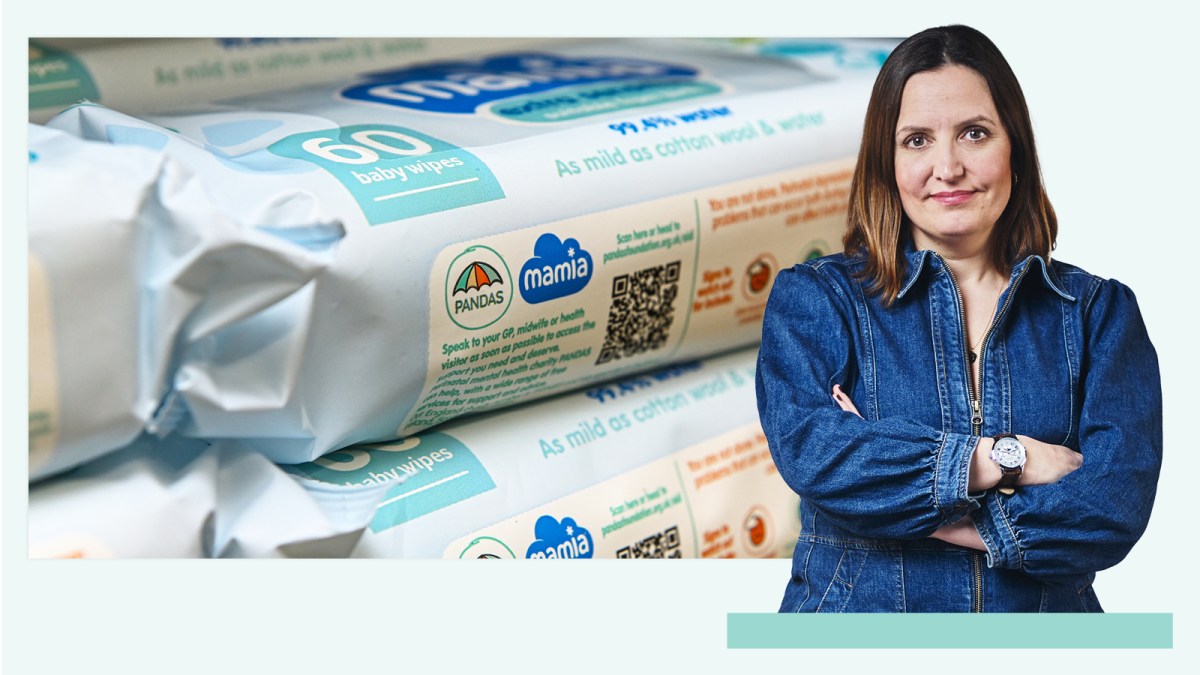“Are you depressed — yes or no?” A simple question, but not a simple answer.
This was one of the questions the health visitor asked me over the phone at my six-week postpartum “check”. We’d covered everything from breastfeeding to bowel movements, from the sleep (not much) to the screaming (plenty) of my newborn son. We had a 20-second window to talk about me. Businesslike and tick-boxey, she asked: “Are you depressed?”
The past six weeks were some of the most miserable I’d lived through, featuring none of the Hallmark card love that other mothers described. More accurately, I had a bad case of buyer’s remorse.
Physically, my nipples were chewed and my brain synapses were blunted by the complete lack of sleep. Emotionally, I wasn’t sure if I could bring myself to love this eight-pound bundle of flesh and blood that had ended my life as I knew it. In the menacing heat of the spring 2020 pandemic, I was dealing with all of this entirely alone, save for a few WhatsApp messages from friends.
I knew what postnatal depression was, but it seemed to my pragmatist self that the answer to the health nurse’s question wasn’t a reductive “yes” or “no” — it was somewhere in between. I called myself the ambivalent mother, a realist coldly assessing the worst time of my life for what it was. That wasn’t depression — it was honesty. Or so I thought.
Five years on, things are much brighter, with the clarity of distance, childcare and a family life that has settled into a nice rhythm. That said, I can now barely recall the trauma of “the fourth trimester” — my mind has blocked it out. Perhaps it was the pandemic, or perhaps I always would have felt this way. What I do know now is that I should have got some help.
Perhaps that help could have been delivered in the form of the humble baby wipe.
• I was so happy to be pregnant. Why did antenatal depression strike?
Earlier this month, Aldi announced it had partnered with Pandas (Pre and Postnatal Depression Advice and Support), the mental health foundation for new mums, to flag the common signs of postnatal depression — low mood, isolation, lack of bond with the baby; as well as a callout to Pandas’ helpline — on its baby wipe packet. The supermarket and the mental health foundation for new mums are flagging the common signs of postnatal depression — low mood, isolation, lack of bond with the baby — on baby wipe packets, alongside a callout to Pandas’ helpline.

Aldi has teamed up with the charity Pandas to highlight the signs of postnatal depression
Given that there are few things new mothers spend more time looking at than a packet of wet wipes, this initiative should be welcomed, though I’d argue it’s missing some words: emptiness, hopelessness, and even regret.
The latest figures from the Royal College of Psychiatrists estimate that up to 85,000 mothers in England (15 per cent of those who gave birth) suffered from postnatal depression last year. NHS figures put the number at more than one in ten new mothers and up to one in ten new dads. This is in normal times — I’m utterly unsurprised to read one UCL study, which shows that almost half of women who gave birth during the first Covid lockdown met the threshold for postpartum depression.
Dr Trudi Seneviratne, a consultant perinatal psychiatrist, said: “Postnatal depression is far more common than many people realise and can have a devastating impact on mothers, babies and families if left untreated. For children to thrive, they need as good a start in life as possible, and this is important not only for the child and their mother but also communities and society as well. We all have a role to play in ensuring mothers and their partners feel confident seeking support when they need it.”
This summer, Aldi and Pandas polled 2,000 new mothers and found that, while three in four parents said they struggled with their mental health during and after the birth of their baby, only 17 per cent accessed specialist support. However, figures from NHS England show that more women are starting to get help. In the year to February 2024, more than 57,000 new and expectant mothers received specialist mental health support, up from 43,000 two years before.
• I had no idea how having a baby would affect my mental health
Amy Brown, a professor of child public health at Swansea University, said: “Increases in rates of postnatal depression are sadly unsurprising. There also continues to be significant underinvestment in the midwives and health visitors who play such an important part in supporting parents through pregnancy, birth and the critical postnatal period. Smaller worries, loneliness and anxieties about your baby can easily turn into more serious mental health challenges without that vital early support.”
Despite the increasingly open conversations around motherhood and the messy realities of parenthood, as well as the fact that more people are accessing help, to admit that you have postnatal depression still feels taboo. It feels like a sign that a 21st-century woman cannot cope in a glossy Instagram world of maternal perfection.
If something as ordinary as a packet of baby wipes could help pull women out from this torpor, it would somehow be quite fitting.
Of course I would prefer for more money to be funnelled into maternal mental health, for there to be proper emotional checks and balances given to new mothers, and for women to have the language to describe a potentially shattering new reality. But for now, baby steps — or baby wipes — towards wider awareness of postnatal depression will have to do.
The Samaritans helpline is available for free support 24 hours a day on 116 123

